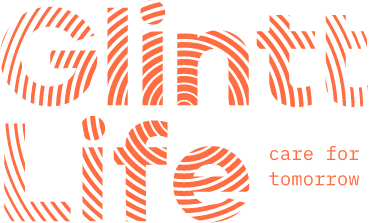Menu
we are
We’re a Portuguese technological leader, listed on Euronext, with over 30 years of experience supporting everyday life and embracing what matters most.
Powered by over 1.200 sharp minds, we develop, implement and support solutions and services in essential life-centred industries that trust us to enable the digital transformation the world needs.
employees
offices
centers of excellence in Software R&D
employees
offices
centers of excellence in Software R&D
glintt global
We focus on providing reliability in an ever-changing society through Glintt Life and Glintt Next.
glintt life

glintt next
In digital transformation journeys, your ambition for simplicity demands our agility. We support the greatest businesses to unleash all the greatest futures to come.

introducing our global culture
Today, more than ever, the world needs multidisciplinary thinkers who are comfortable tackling complex challenges and capable of thinking at the intersection of technology, science, and markets. We need individuals who can truly become intelligent connectors across these domains leading diverse teams with the constant aim of becoming greater than the sum of their parts.
our commitment
global culture
We believe that our people’s personal and professional development is critical to our success.
Are you looking to take the first step in your professional career, in a leading company, accompanied by the best professionals in the sector? Or just a first contact with day-to-day life in a large organization? We have the right program for you!
our commitment
opportunities
join us
We provide a comprehensive, flexible, and competitive benefits program that is tailored to our employees’ individual needs and well-being.
insights
about us
investors
join us